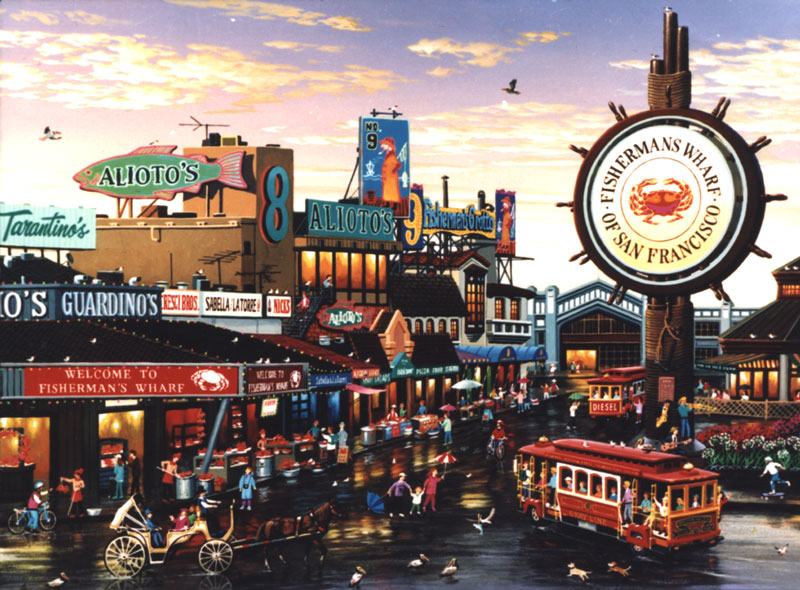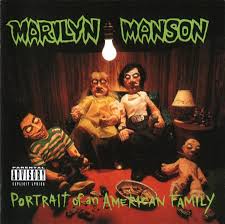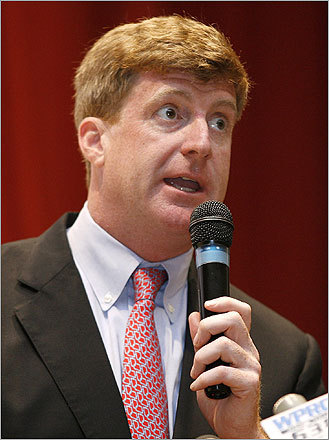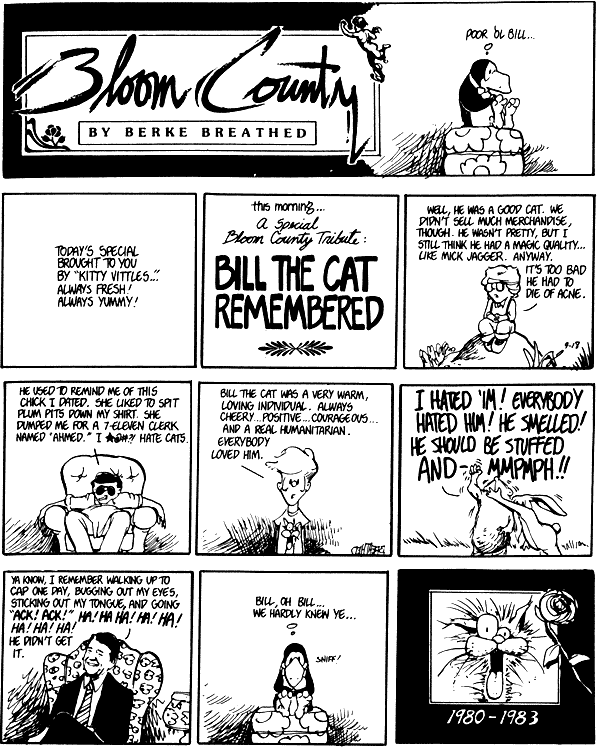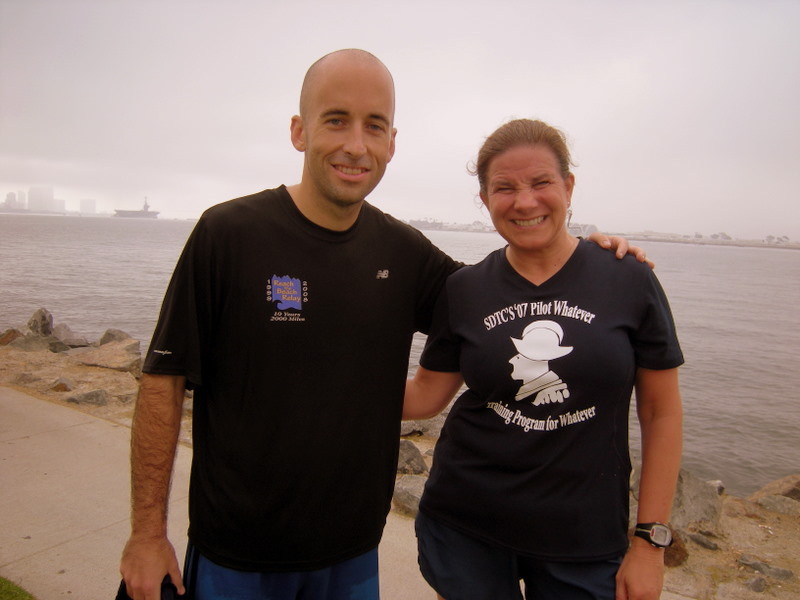The author’s message to some people mourning a friend’s suicide. He’s been there, so maybe these words will help.
Mood music for this post: “Murder in the City,” by the Avett Brothers:
[youtube=http://www.youtube.com/watch?v=aE7rkSELM3I&hl=en_US&fs=1&]
Some acquaintances in the information security community are currently dealing with something I know about all too well — a friend taking their own life.
I don’t know these people very well, and I never met the woman they are now grieving over. But given the road I’ve traveled, I wanted to say something that might be helpful. Here goes…
You’re probably feeling kicked in the guts by this. You may have known your friend was depressed, even suicidal, but it never really clicked in your brain that this friend would actually DO IT.
Now you’re beating yourself over it because you’re certain that you saw the signs in hindsight and should have done something to help this person. You feel you weren’t the friend you should have been. Or brother. Or sister. Or parent.
Your brain is spinning like an old record, skipping as you replay the last few months in your head, over and over again. “How could you have missed the signs?” you ask yourself.
As everyone in your circle second guesses themselves, tensions and hard feelings bubble to the surface.
It can be too much to absorb. And the hurt will be there for a long time.
But things will get better. They always do.
Here are some of the things I’ve learned in the nearly 14 years since my friend’s death:
–Blaming yourself is pointless. No matter how many times you replay events in your mind, the fact is that it’s not your fault. For one thing, it’s impossible to get into the head of someone who is contemplating suicide. Sure, there are signs, but since we all get the blues sometimes, it’s very easy to dismiss the signs as something close to normal. When someone is loud in contemplating suicide, it’s usually a cry for help. When the depressed says nothing and even appears OK, it’s usually because they’ve made their decision and are in the quiet, planning stages.
–Blaming each other is even more pointless. Take it from me: Nerves in your circle of family and friends are so raw right now that it won’t take much for relationships to snap into pieces. A week after my friend’s death I wrote a column about it, revealing what in hindsight was too much detail. His family was furious and most of them haven’t talked to me since. They feel I was exploiting his death to advance my writing career and get attention. I was pretty screwed up back then, so they’re probably right. In any event, I don’t blame them for hating me. What I’ve learned, and this is tough to admit, is that you’re going to have to let it go when the finger pointing starts. It’s better not to engage the other side. Nobody is in their right mind at this point, so go easy on each other. Give people space to make their errors in judgment and learn from it.
–Don’t demonize the dead. When a friend takes their life, one of the things that gnaws at the survivors is the notion that — if there is a Heaven and Hell — those who kill themselves are doomed to the latter. I’m a devout Catholic, so you can bet your ass this one has gone through my mind. What I’ve learned though, through my own experiences in the years since, is that depression is a clinical disease. When you are mentally ill, your brain isn’t firing on all thrusters. You engage in self-destructive behavior even though you understand the consequences. A person thinking about suicide is not operating on a sane, normally-functioning mind. So to demonize someone for taking their own life is pointless. To demonize the person, you have to assume they were in their right mind at the time of the act. And you know they weren’t. My practice today is to simply pray for those people, that their souls will still be redeemed and they will know peace. It’s really the best you can do.
— Break the stigma. One of the friends left behind in this latest tragedy has already done something that honors her friend’s life: She went on Facebook and directed people toward the American Association of Suicidology website, specifically the page on knowing the warning signs. That’s a great example of doing something to honor your friend’s memory instead of sitting around second guessing yourself. The best thing to do now is educate people on the disease so that sufferers can help themselves and friends and family can really be of service.
–On with your own life. Nobody will blame you for not being yourself for awhile. You have, after all, just experienced one of the worst tragedies there is. But try not to let it paralyze you. Life must go on. You have to get on with your work and be there for those around you.
Don’t take what I’ve just said as Gospel. It’s based on my own experience and no two experiences are the same. But if there was something in there that’s helpful, then I’m grateful.


